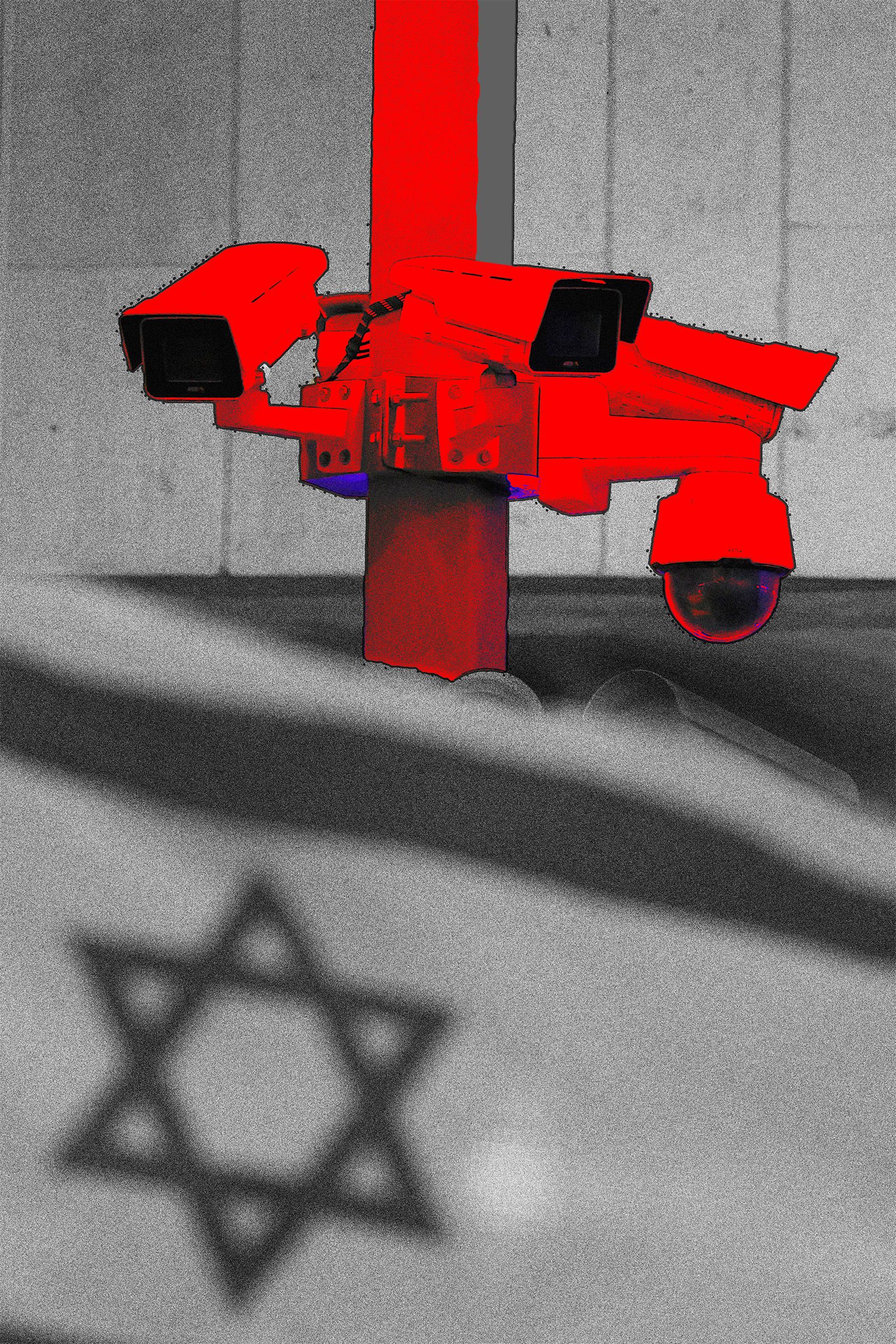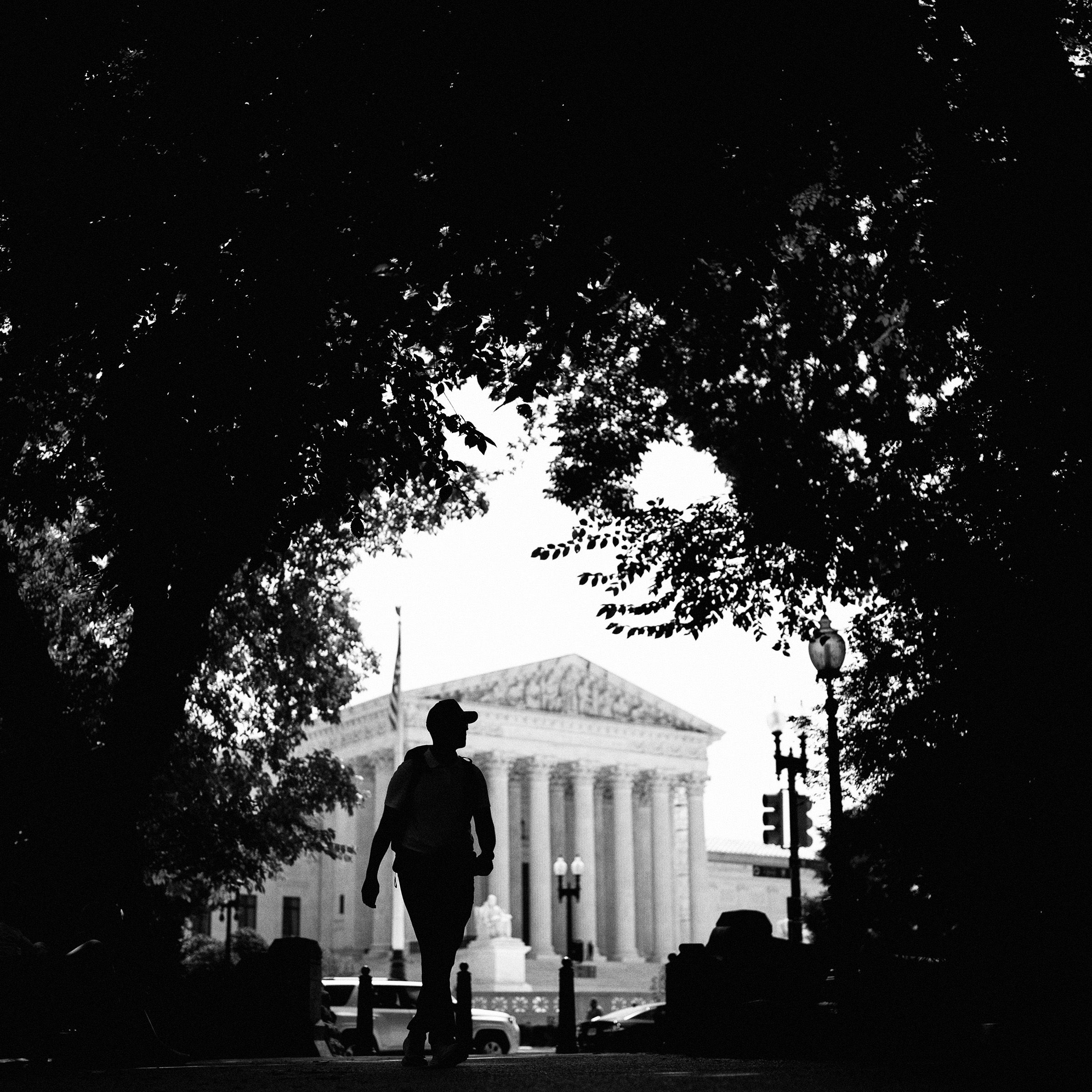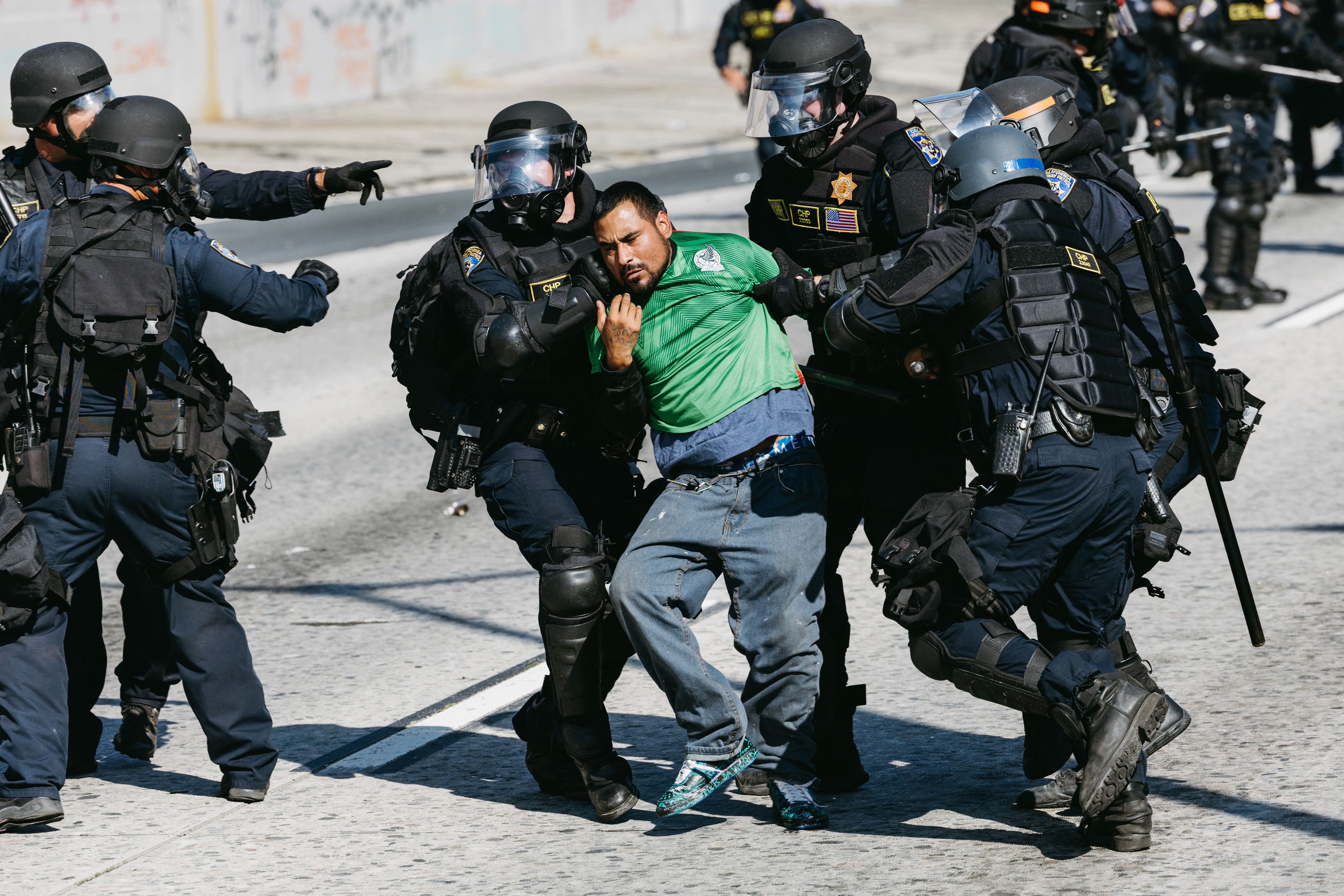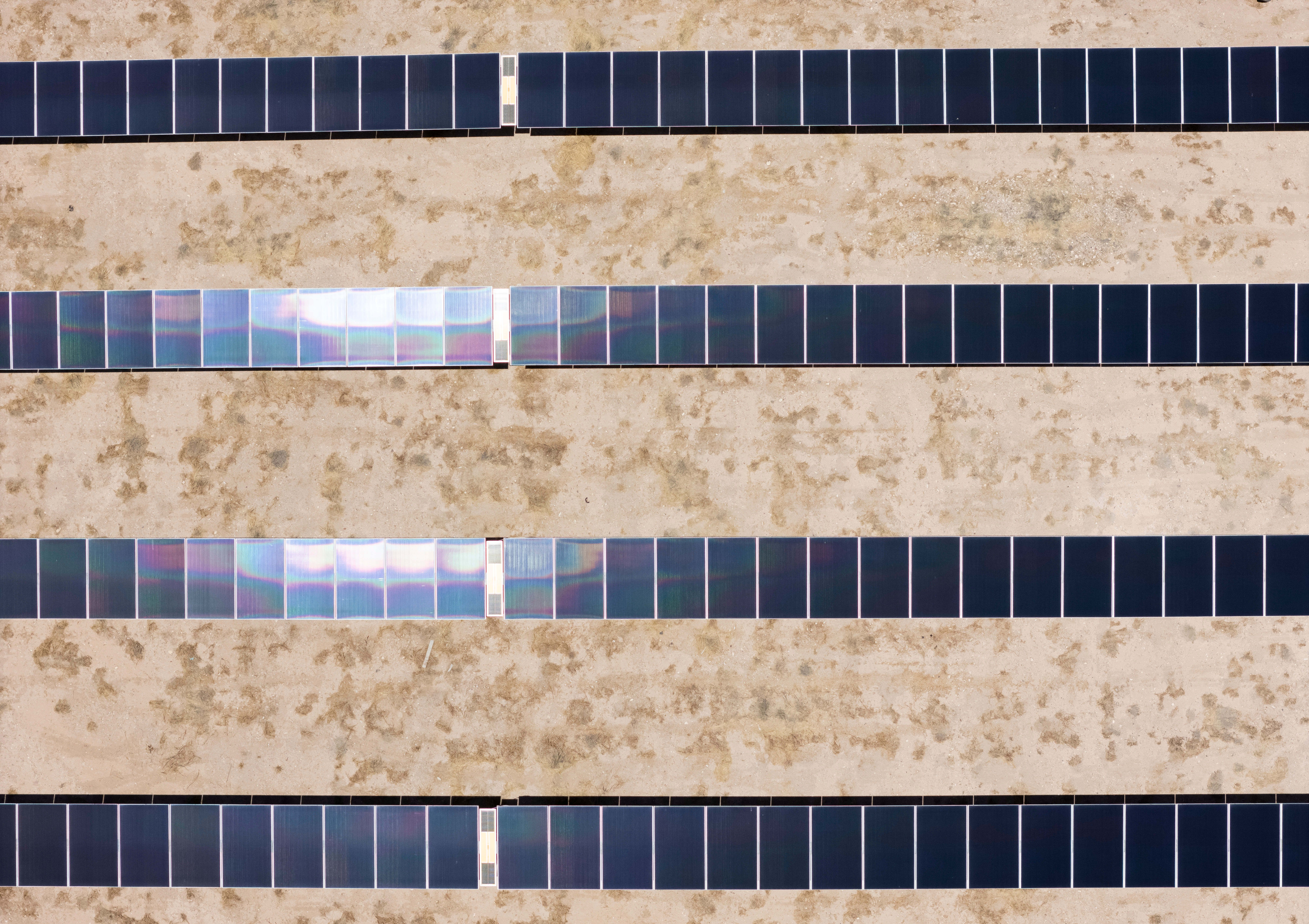Here’s What Marines and the National Guard Can (and Can’t) Do at LA Protests
Here’s What Marines and the National Guard Can (and Can’t) Do at LA Protests
As protests continue in Los Angeles over issues such as police brutality and racial…
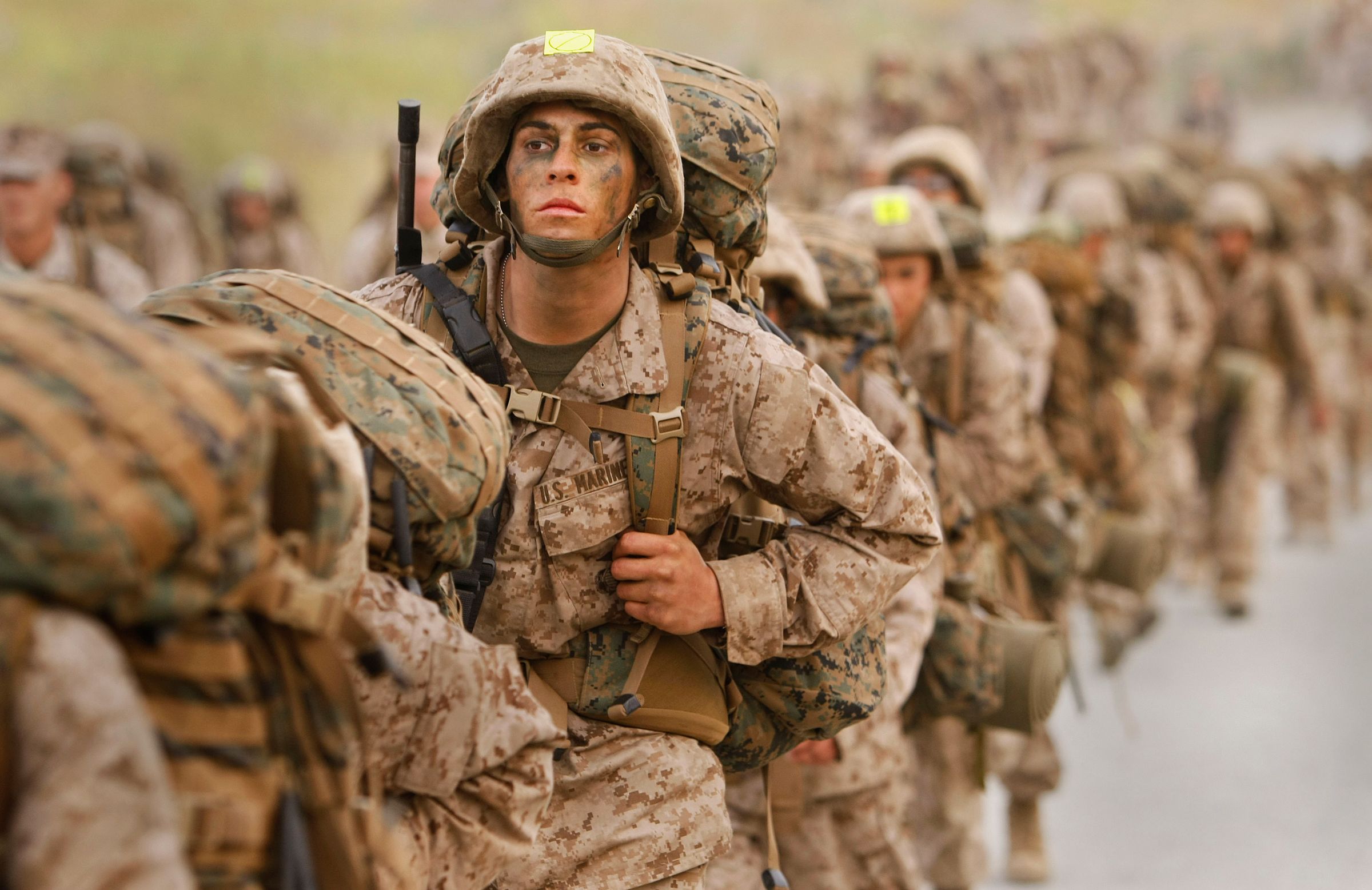
Here’s What Marines and the National Guard Can (and Can’t) Do at LA Protests
As protests continue in Los Angeles over issues such as police brutality and racial inequality, the presence of military personnel has raised questions about their role and authority in dealing with civil unrest. Both Marines and the National Guard have been deployed to assist in maintaining order and protecting property, but there are limitations to their actions.
Marines are trained for combat and are typically not involved in domestic law enforcement. Their primary role is to provide support in emergency situations, such as natural disasters or civil unrest. They can assist in setting up perimeters, conducting patrols, and providing security for sensitive areas.
The National Guard, on the other hand, is a reserve military force that can be called upon by the governor of a state to help maintain order during emergencies. They have broader authority than Marines and can be granted police powers, such as making arrests and using force if necessary.
However, both Marines and the National Guard are subject to the Posse Comitatus Act, which prohibits the use of federal military forces in domestic law enforcement without authorization from Congress. This means that their actions must be in support of civilian authorities and they cannot independently enforce laws.
When deployed to a protest, Marines and the National Guard must follow the instructions of local law enforcement and act in accordance with their rules of engagement. They are trained to use minimum force and prioritize de-escalation tactics to avoid escalating tensions and causing harm to civilians.
While their presence can help deter violence and protect property, it is essential for military personnel to respect the rights of peaceful protesters and not infringe upon their constitutional liberties. Cooperation and communication between all parties involved are crucial to maintaining a safe and peaceful environment during protests.
In conclusion, Marines and the National Guard play a supportive role in maintaining order during protests, but their actions are limited by legal constraints and guidelines. They can provide valuable assistance in ensuring public safety, but their primary focus should be on protecting the rights and well-being of all individuals involved in demonstrations.
